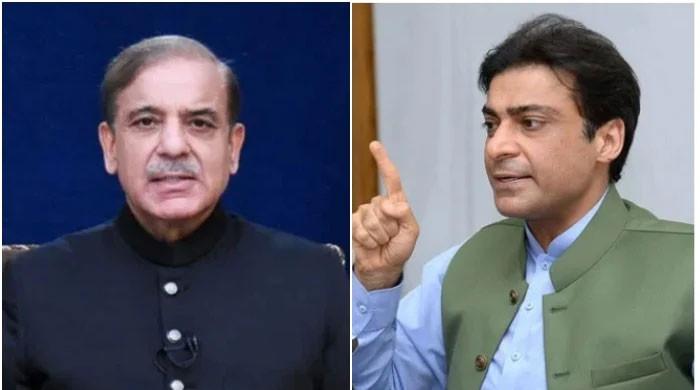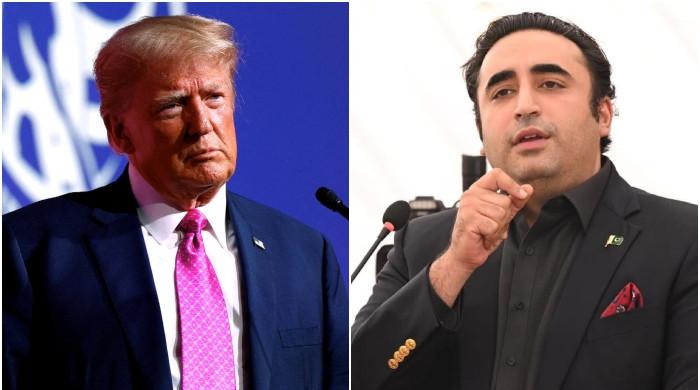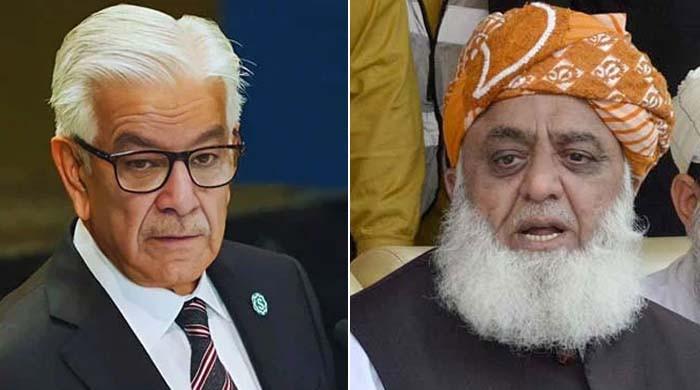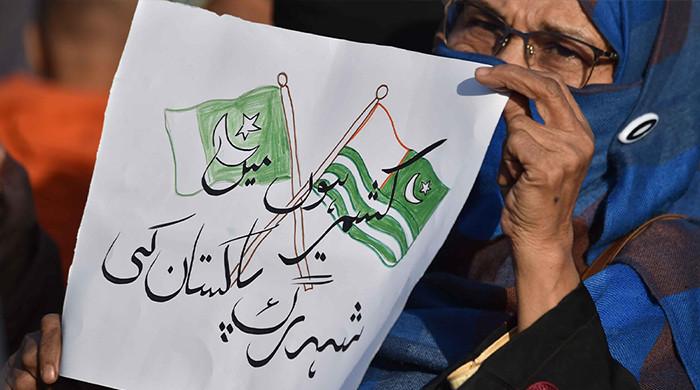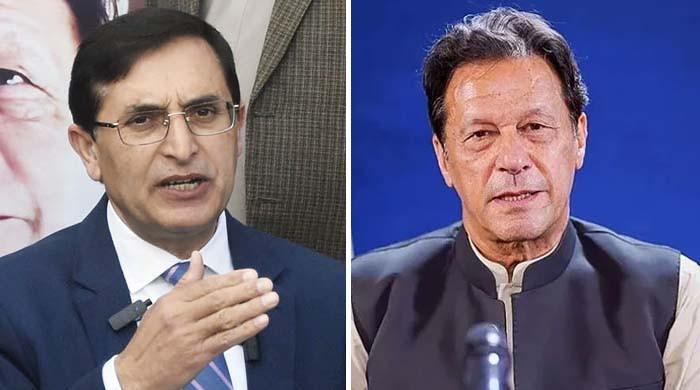PM Imran Khan congratulates Xi Jinping for 'eradicating extreme poverty' in China
PM Imran Khan says that China's success is a lesson for "developing countries like Pakistan"
March 01, 2021
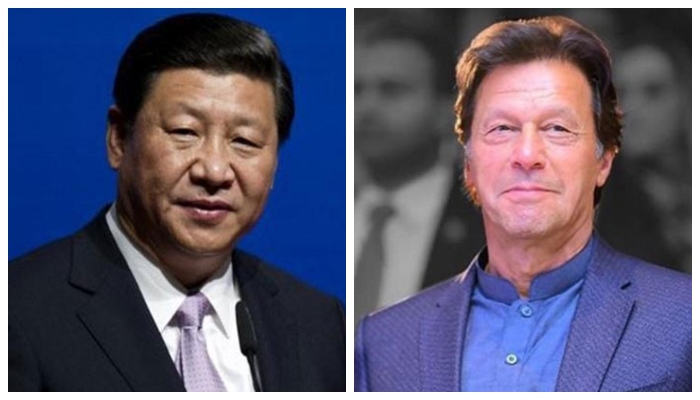
- PM Imran Khan congratulates President Xi and Chinese govt for momentous achievement.
- Says China's success is a lesson for "developing countries like Pakistan".
- PM believes that with "determination and commitment" Pakistan can also achieve "same".
ISLAMABAD: Prime Minister Imran Khan on Sunday congratulated President Xi Jinping for "eradicating extreme poverty" in China.
"I want to congratulate President Xi Jinping & the Chinese govt for the momentous achievement of eradicating extreme poverty in their country," said PM Imran in two tweets.
Read more: Chinese development model suits Pakistan, says PM Imran Khan
The premier claimed that it is the first time that 750 million people have been "taken out of extreme poverty in a span of 35 years".
PM Imran said that China's success is a lesson for "developing countries like Pakistan". He believes that with "determination and commitment" Pakistan can also achieve the "same" for its people.
Xi Jinping celebrates 'victory'
Last week, to mark a signature initiative of his eight-year tenure, Chinese President Xi Jinping announced “complete victory” in the effort to eradicate rural poverty at a ceremony in Beijing.
State media credited Xi’s leadership with lifting nearly 100 million people from poverty, a milestone he declared in December and framed as a birthday gift for this year’s 100th anniversary of the ruling Chinese Communist Party (CCP).
In an hour-long speech, Xi hailed what he called a testament to the party’s leadership and the advantages of China’s political system.
“The CCP’s leadership and China’s socialist system are the fundamental guarantees against risks, challenges, and difficulties,” Xi said in Beijing’s Great Hall of the People, where he presented medals to key figures in the poverty fight.
Some global policy experts have said China sets a low bar in its definition of poverty, with the sustained investment required to fund continued development in its poorest areas.
Read more: Remove tariffs on Chinese goods to repair relations, China tells US
China defines extreme rural poverty as an annual per capita income of less than 4,000 yuan ($620), or about $1.69 a day at current exchange rates. That compares with the World Bank’s global threshold of $1.90 a day.
Xi said China had invested 1.6 trillion yuan in fighting poverty over the past eight years but did not give figures for spending planned over the next five years.





